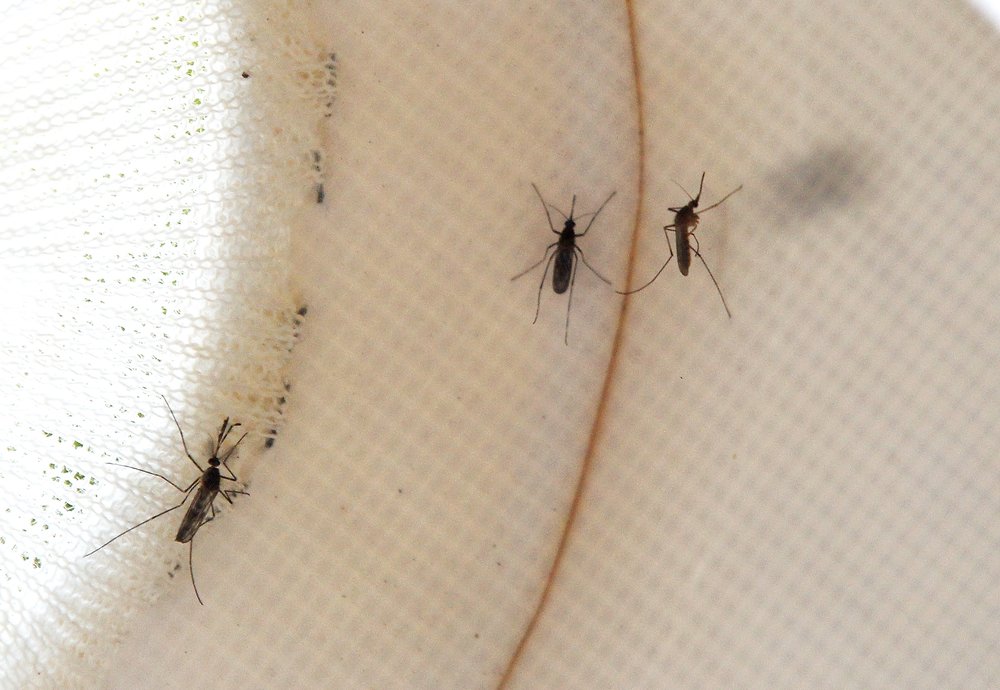NJ health officials detect first 3 cases of West Nile virus this year
Aug. 25, 2022, 6:58 p.m.
An average of eight people are infected with West Nile virus every year, but 2021 ended well above that with 36 human cases, the health department said, due to heightened levels in mosquitoes recently.

The New Jersey Department of Health has confirmed the state’s first human cases of West Nile virus.
The New Jersey Department of Health identified the state's first human cases of West Nile virus this year.
Three men tested positive earlier this month in Bergen, Morris, and Ocean counties, the health department said in a statement. All three men, including two in their 50s and one in his 80s, were hospitalized. The health department said two of the men were sent home to recover while one remained hospitalized.
A total of 293 mosquitoes and a red-tailed hawk were also found to be carrying West Nile virus in the state, the health department said.
An average of eight people are infected with West Nile virus every year, but 2021 ended well above that with 36 human cases, the health department said, due to heightened levels in mosquitoes recently.
“August and September are the months that we see most West Nile virus cases in New Jersey," Health Commissioner Judith Persichilli said in a statement. "It is important that residents take steps to protect themselves by using an EPA-registered insect repellent, wearing long sleeves and pants and avoiding the outdoors during dawn and dusk, when mosquitoes are most active."
People over the age of 50 and those with weakened immune systems are typically at greater risk of becoming severely ill. Most people develop asymptomatic infections or a mild to moderate fever, the health department said. More serious symptoms could include severe headache, high fever, neck stiffness, disorientation, coma, tremors, convulsions, muscle weakness, or paralysis.
“Controlling New Jersey’s mosquito population is a major part of protecting our public health,” New Jersey Environmental Protection Commissioner Shawn M. LaTourette said in a statement. “While we have been seeing unusually dry weather this summer, people can help by removing any standing water in their yards and covering any empty containers that can hold water for more than three days. Even small amounts of rain following these drought-like conditions can produce significant numbers of container-inhabiting mosquitoes known to spread West Nile virus.”
Weekly reports on West Nile activity are available on the health department’s website.